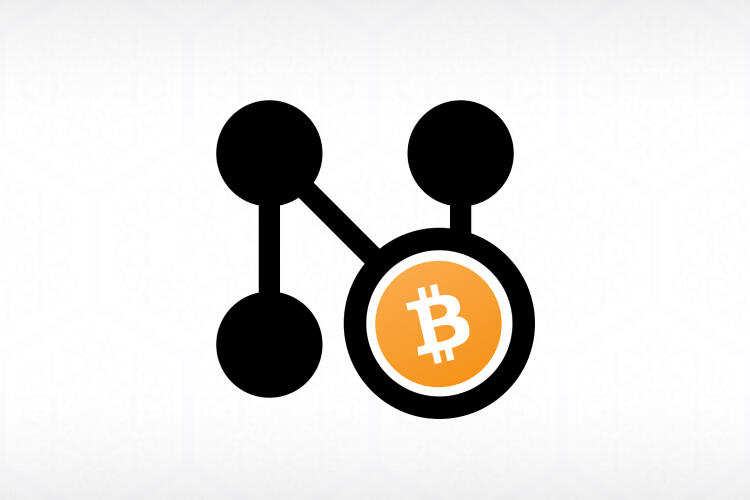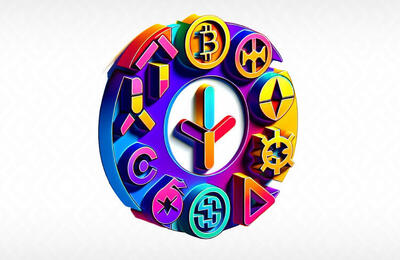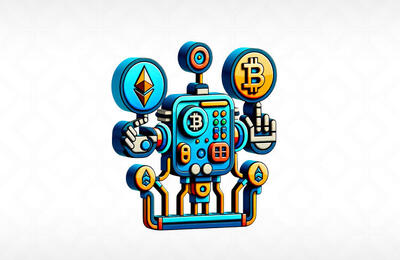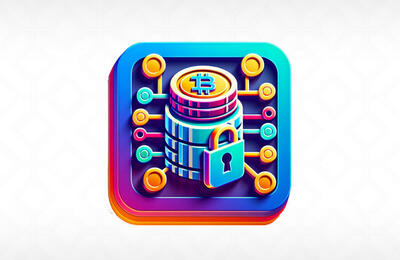
Arbitrations have been around for centuries, allowing parties to dispute contracts without having to rely on the judicial system. Yet with the emergence of Web3 and its decentralized protocols, arbitration has taken an entirely new meaning — now everyone can engage in it using their own digital assets instead of relying on a third-party arbitrator that is subject to certain jurisdictions and costs. This blog post explores why arbitration over blockchain /dApps networks is set to revolutionize legal services and provide faster solutions than ever before. We’ll also look at some of the current projects already embracing this technology, as well as how it could impact businesses and individuals alike. So stay tuned as we dive deeper into the world of blockchain arbitration!
Understanding the concept of Arbitration services and its importance in a decentralized world
Arbitration services have emerged as a pivotal solution in our increasingly decentralized world, where traditional dispute resolution mechanisms may not be adequate to address conflicts arising from decentralized technology systems. By serving as an unbiased intermediary, these services can prevent or resolve disputes by providing a fair and timely resolution, ultimately preserving the sanctity of decentralized arrangements, such as blockchain networks and peer-to-peer platforms. The importance of arbitration services in this context cannot be understated, as they ensure adherence to set protocols and foster trust among participants without the need for centralized authority intervention. Consequently, they uphold the core principles of decentralization and empower individuals, businesses, and communities to engage in transactions and processes with greater confidence in the fairness and efficiency of the systems they utilize.
The potential of Arbitration services to increase trust among users in Web3
The potential of arbitration services in the realm of Web3 cannot be understated, especially when it comes to fostering trust among users. As Web3 introduces a decentralized internet platform, powered by blockchain technology and smart contracts, it paves the way for more secure and transparent transactions. However, this begs the question — what happens when disagreements and disputes arise? This is where arbitration services step in, playing the quintessential role of conflict resolution. These services create a neutral common ground by providing standard dispute resolution mechanisms, ensuring that parties involved obtain a fair and unbiased resolution. Consequently, this leads to increased trust and confidence among Web3 users, as they can pursue transactions with the assurance of an impartial safety net in place. Encompassing a sense of security while navigating the decentralized web, arbitration services are indeed the backbone of trust in the ever-growing Web3 ecosystem.
How to use Arbitration services to resolve disputes between two parties
The art of resolving disputes between two parties can quickly become complicated, especially when negotiations reach a standstill or emotions run high. In such situations, arbitration services offer a reliable and impartial avenue. These services work as an incredibly efficient method of bringing forth a legally binding resolution, while maintaining confidentiality and control over the process. By enlisting the support of an experienced arbitrator or an arbitration organization, both parties involved are able to present their respective cases and seek an unbiased judgment rooted in fairness and expertise. Furthermore, arbitration has the distinct advantage of being generally faster and less expensive than traditional litigation, allowing those involved to invest their time and resources more wisely. Ultimately, employing arbitration services can facilitate a fair and effective outcome for everyone involved, fostering a sense of closure and justice in difficult disputes.
Exploring the different types of arbitration services available on the web
Arbitration services have evolved significantly since their inception, especially when it comes to web-based platforms. These services often offer a variety of ways to resolve disputes, each designed to cater to the unique circumstances and requirements of the parties involved. Online arbitration services present the opportunity for disputing parties to seek solutions outside of the traditional courts, saving time and resources for all parties involved. Not only do these services deal with specific industries such as construction, finance, and intellectual property, but they also offer customized approaches to resolving disputes like engaging in mediation first and then escalating to arbitration if needed. Additionally, some platforms provide options for binding or non-binding arbitration, giving parties the opportunity to decide their preferred route for resolution. This growth in web-based arbitration services creates an expansive space where individuals can find efficient, affordable, and tailored methods to resolve conflicts, ultimately empowering them in their pursuit of fair resolutions.
Analyzing the current trends in the use of arbitration services
In recent years, the field of arbitration services has witnessed significant transformations, further reinforcing its position as a preferred method of alternative dispute resolution. Fueled by evolving business needs, technological advancements, and shifting international trade dynamics, these trends exhibit a fascinating interplay of elements shaping the dispute resolution landscape. Notably, the growing demand for expedited arbitration procedures demonstrates an increasing need for swift, cost-effective, and efficient solutions. At the same time, advancements in technology enable virtual hearings to become commonplace, eliminating geographical boundaries and making it easier to resolve disputes despite physical distance. The necessity for specialized arbitrators with industry-specific expertise is more pronounced than ever, ensuring both parties have an arbiter familiar with the intricacies of their business. Additionally, the adoption of more flexible rules by arbitration institutions showcases a concerted effort to adapt and cater to the unique requirements of disputing parties. This continuous evolution of arbitration services has the potential to further propel it as a cornerstone in solving sophisticated, multifaceted conflicts in today's rapidly changing global landscape.
Discussing how future applications of arbitration can impact the web3 space
The emergence of web3, a decentralized, trustless, and permissionless ecosystem, brings with it numerous opportunities and challenges for various industries, including the legal sector. As a result, the future applications of arbitration in the web3 space are likely to play a pivotal role in maintaining order, preserving the autonomy of its users, and boosting market efficiency. With the evolution and mass-adoption of decentralized technologies like blockchain and smart contracts, arbitration can serve as a key dispute resolution tool in settling conflicts arising out of transactions and agreements in the web3 landscape. Moreover, by employing cutting-edge techniques such as AI-driven arbitration mechanisms and data analytics, businesses operating within this sphere can streamline their operations, enhance transparency, and ensure participants' accountability, all while taking advantage of the myriad benefits that web3 technology has to offer. Undoubtedly, the successful integration and advancement of arbitration within the web3 domain will have far-reaching implications by revolutionizing the way we address disputes while fostering a more secure, equitable, and prosperous digital environment for all.
The concept of arbitration services is emerging as one of the most important pieces in the decentralized web3 puzzle. There are numerous trustworthy and viable options to choose from when it comes to resolving web3 disputes, ranging from traditional models such as Alternative Dispute Resolution (ADR) to newer and more advanced algorithmic models such as Smart Contract Dispute Resolution (SCDR). All provide added guarantees of litigation, trustworthiness, and impartiality that can make a real difference in such a complex and volatile digital landscape. By taking advantage of these arbitration tools, users are able to navigate the ever-changing rules and regulations applicable to their activities, allowing them to develop strong relationships, streamline processes, reduce costs, and build sustainable online communities. As we march forward into the future with increasing speed, keeping a firm grasp on arbitration services will be essential for those hoping for success in the burgeoning Web3 arena.













